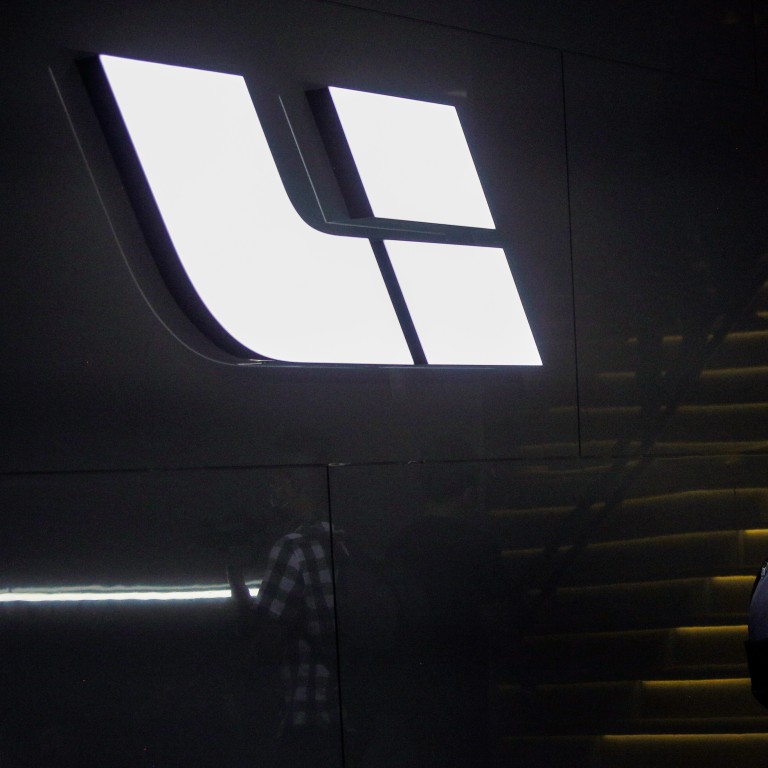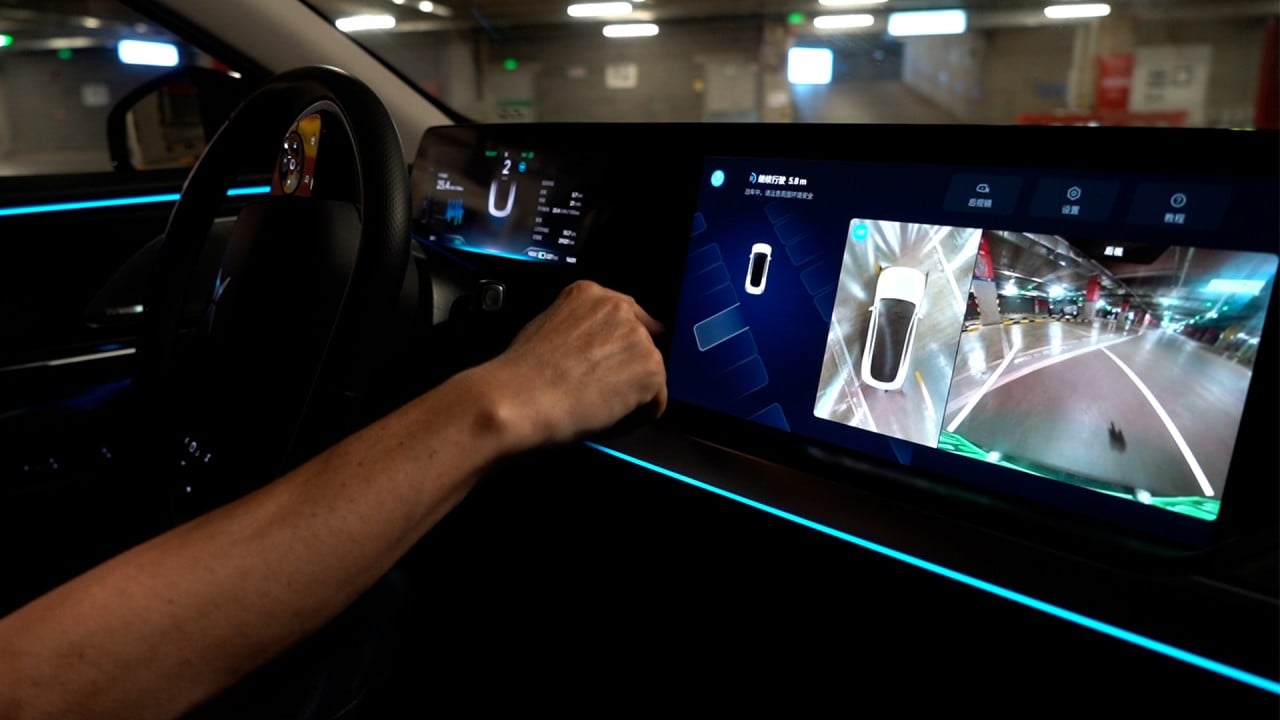
China electric cars: Li Auto gets nod for IPO, dual primary listing in Hong Kong
- Li Auto has won approval from Hong Kong stock exchange to sell shares and list on the main board
- The Nasdaq-listed start-up will become the second Chinese EV maker to list in Hong Kong, after Xpeng’s US$1.8 billion IPO
Li Auto, the Chinese electric-vehicle maker backed by on-demand delivery service giant Meituan, has got the go-ahead from Hong Kong stock exchange for an initial public offering, just 12 months after its debut in New York.

“We have not been profitable since our inception,” Li Auto said in the heavily redacted draft prospectus on Monday. “We may not generate sufficient revenues or continue to incur substantial losses for a number of reasons, including lack of demand for our vehicles and increasing competition.”
Founded in 2015, Meituan owns about 16.2 per cent of Li Auto.
For the three months ended March, Li Auto’s net loss widened to 360 million yuan (US$54.9 million), from 77.1 million yuan a year ago. Its net loss last year was 151.7 million yuan.

02:18
Chinese XPeng electric car can drive and park by itself
Li Auto, which is seen as one of the start-ups challenging Tesla in the mainland along with Xpeng and NIO, said it aims to launch at least two premium EVs per year from 2023. All new models from 2022 will be fitted with in-house Lidar technology, giving the cars level four autonomous driving capability. L4 does not require human interaction in most circumstances.
“Investors are keeping a close watch on Li Auto’s new model development plans because it is difficult for a player to win a big share in China’s fast-growing EV market,” said Ivan Li, a fund manager at Shanghai-based Loyal Wealth Management. “An enlarged product line should be given a priority by Li Auto as it expands production.”
Chinese tech giants Huawei, DJI jump on to the lidar bandwagon
The company plans to use the net proceeds on research and development, including fast-charging and autonomous driving technologies, expanding its retail stores and marketing.
Goldman Sachs and CICC are the deal’s joint sponsors, while UBS is the financial adviser.


